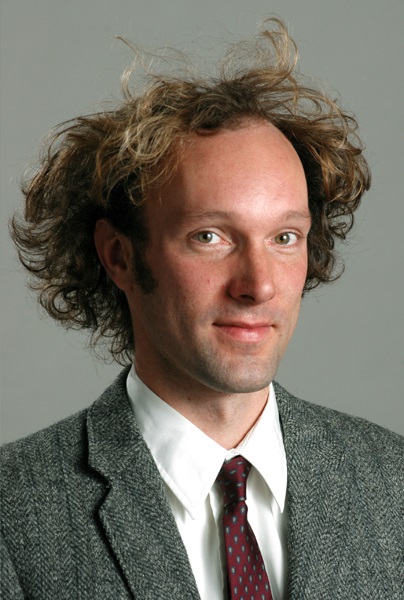To submit an event to be added to the calendar, please click the button below.
Your event will appear on the calendar as soon as it is approved by the site administrator.

- This event has passed.
MBL Friday Evening Lecture Series: “Pocket Doctors: Diagnosing Diseases with Mobile Phones” – Dan Fletcher
August 12, 2022 @ 8:00 pm - 9:00 pm
Free
Lecture Abstract:
Light microscopy remains a central tool for disease diagnosis. Direct imaging of pathogens in blood, sputum, and stool can enable rapid screening and diagnosis of multiple diseases and has been in use since the earliest days of the microscope. However, modern microscopy requires advanced equipment and skilled users typically not available outside of well-equipped laboratories and hospitals. In recent years, mobile phones have emerged as powerful tools for capturing clinically useful data. This talk will describe ongoing work using mobile phones as light microscopes for disease diagnosis. By combining mobile phone cameras with optical attachments and automated image processing, we aim to expand access to basic diagnostic testing for diseases that range from blood-borne pathogens to viral infections. These mobile phone microscopes also open up new possibilities for biological discovery outside of the laboratory.
Daniel A. Fletcher is the Chatterjee Professor of Bioengineering & Biophysics at the University of California, Berkeley. He and his laboratory develop new technologies to study the role of mechanics in biology and detect diseases in low resource settings. Their cell biological work is identifying how molecular-scale forces drive spatial organization of membranes and the actin cytoskeleton and movement of immune cells and pathogens. Their diagnostic work is introducing new mobile tools to fight infectious diseases with collaborators around the world. Fletcher is a faculty member in the Bioengineering and Molecular and Cell Biology Departments, a Visiting Investigator of the Gladstone Institutes at University of California, San Francisco, and is currently Director of the Blum Center for Technology and Development. He is also a Chan-Zuckerberg Biohub Investigator, Faculty Scientist at Lawrence Berkeley National Laboratory, and co-Director of the Physiology Course at the Marine Biological Laboratory. Dan received a DPhil from Oxford University, where he was a Rhodes Scholar, a Ph.D. from Stanford University, where he was an NSF Graduate Research Fellow, and a B.S. from Princeton University. His research has received an NSF CAREER Award, a National Inventors Hall of Fame Collegiate Award, and was designated “Best of What’s New” by Popular Science magazine among other awards. He has been a Miller Professor, a Bakar Fellow, a Hellman Fellow, and served as a White House Fellow during the Obama administration.
